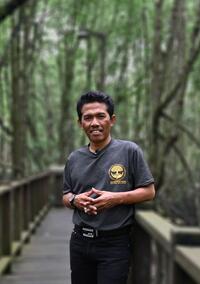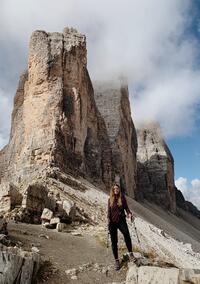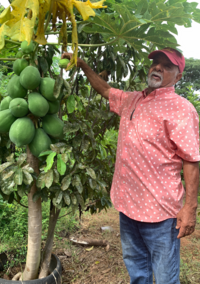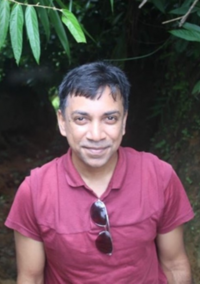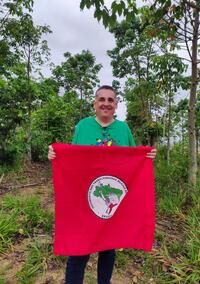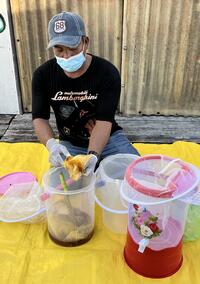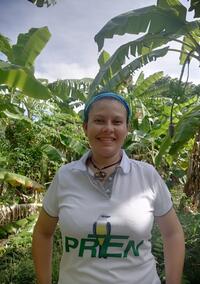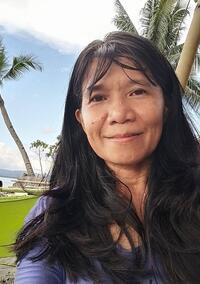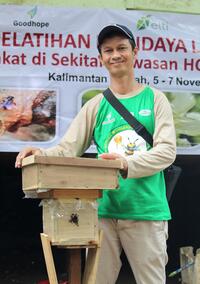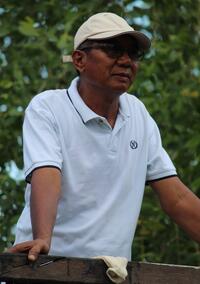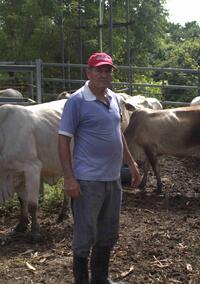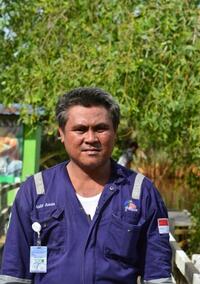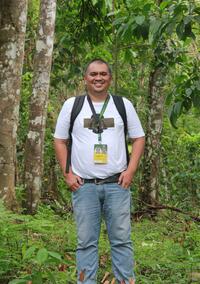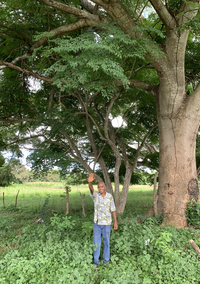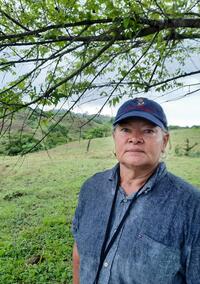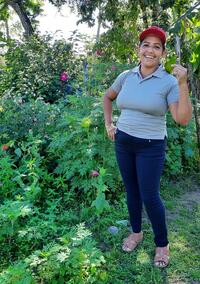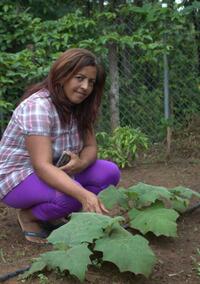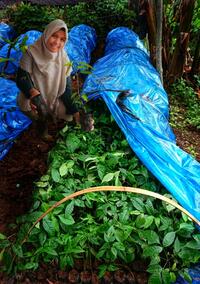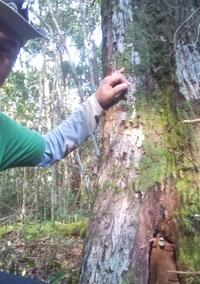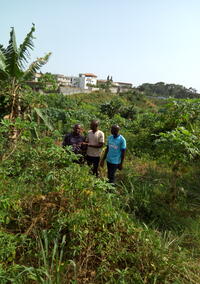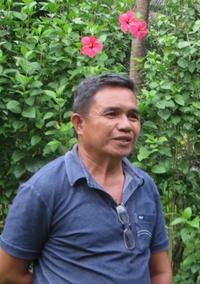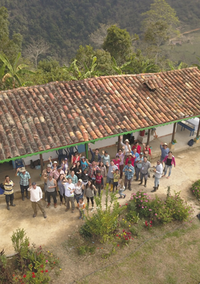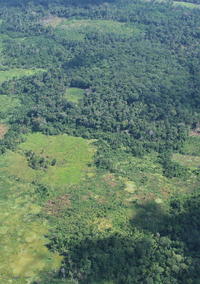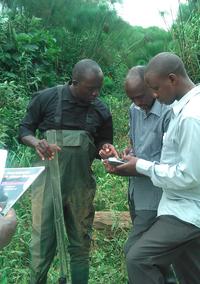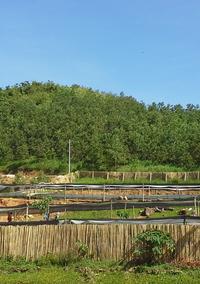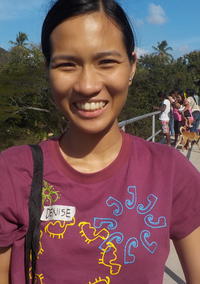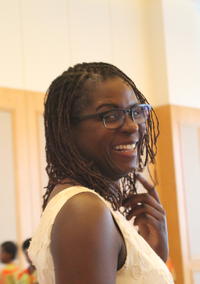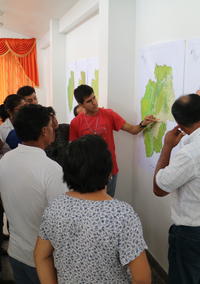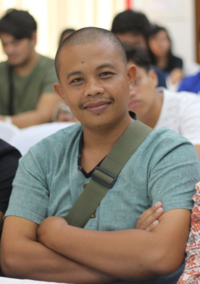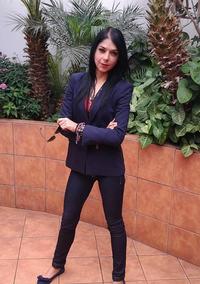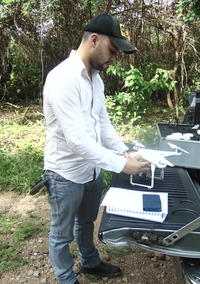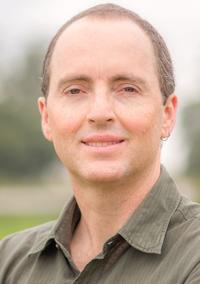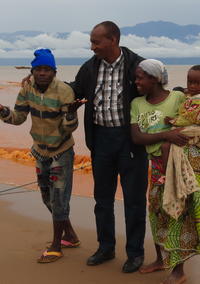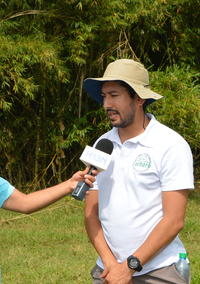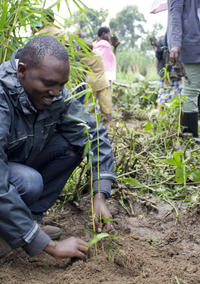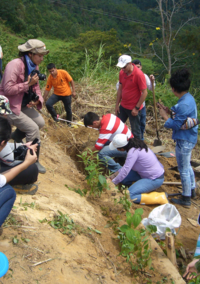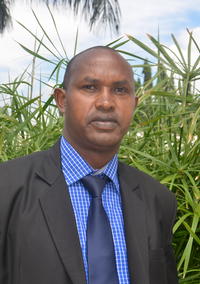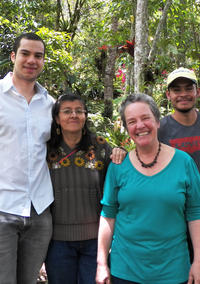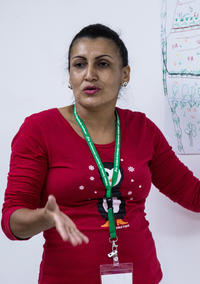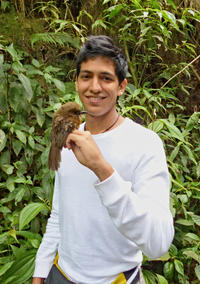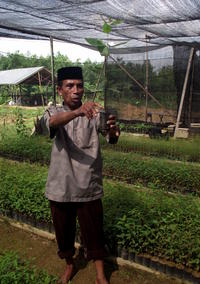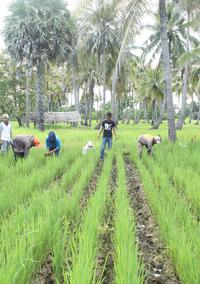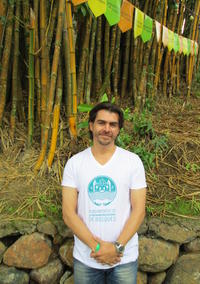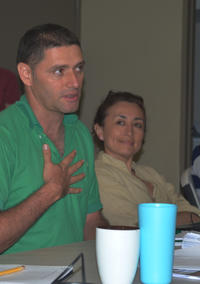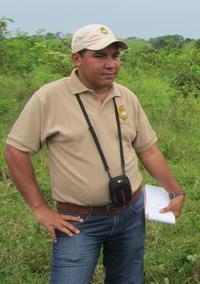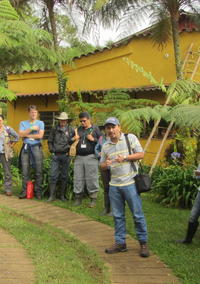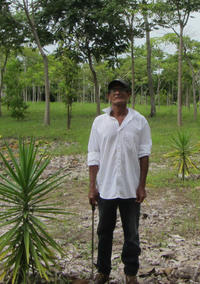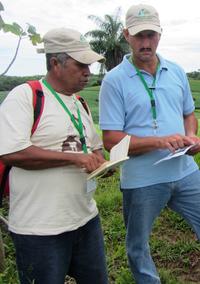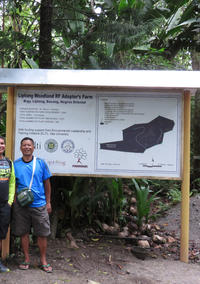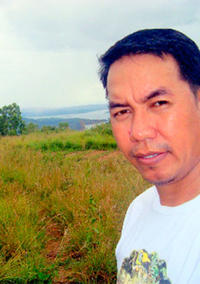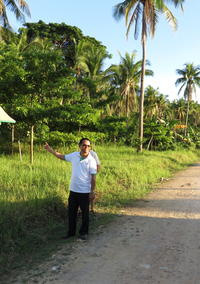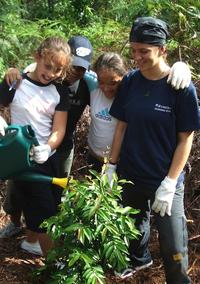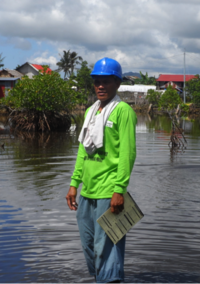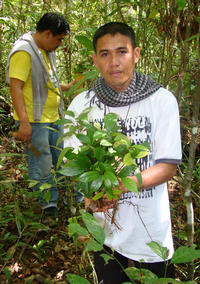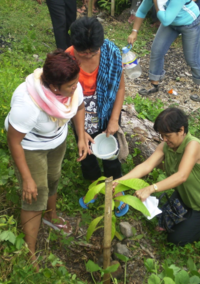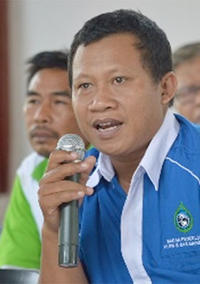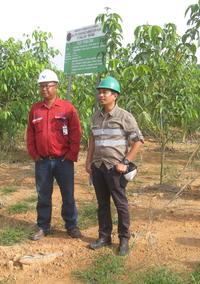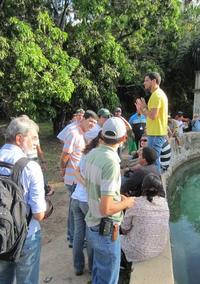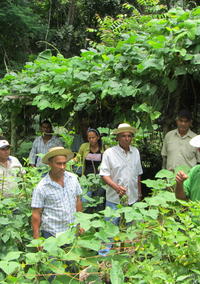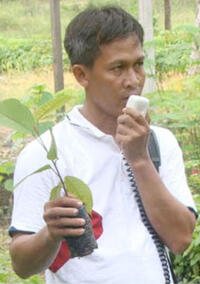You are here
Supporting Women Environmental Leaders in Panama’s Azuero Peninsula
The District of Macaracas located in the Province of Los Santos is one of the most deforested regions of Panama's Azuero Peninsula due primarily to widespread conventional cattle ranching practices. These practices involve cutting trees, burning pastures and using agrochemicals to establish exotic pasture grass for grazing purposes. As a result, farmers have degraded the resiliency of these ecosystems and increased the vulnerability of the region and their agricultural livelihoods, especially during the annual dry season that can last from between five or six months.
Despite this difficult context, one local cattle rancher is striving to make a difference. Edelmira “Diany” Navarro serves as the president of the Association of Ecological Producers (SAVIM), which is comprised of a small group of primarily women farmers. Concerned about the degraded environmental conditions in their community, these farmers want to leave their children with an environmental legacy that would enable them to continue their livelihood practices on family farms. Furthermore, members of SAVIM live in the upper watershed of the Cacao River, the primary water source for the town of Macaracas, where their actions directly affect water quality and quantity to over 5,000 inhabitants downriver. The group, therefore, focuses on reforestation, sustainable agriculture and community recycling projects.
Four of the founding women of SAVIM attended ELTI’s 2014 field course entitled, “Ecological Restoration Strategies in Cattle Ranching Landscapes of the Azuero,” during which they learned new strategies for integrating trees into cattle ranching pastures, called silvopastoral systems. The systems allow them to continue ranching, but in a more environmentally sustainable manner. As a professional development opportunity through ELTI's Leadership Program, Diany received support to attend ELTI’s 2016 agroecology and ecological restoration course in Colombia. The week-long course introduced her to new knowledge, practice and experience that will help her and SAVIM members to make informed decisions on their farms and in the community.
Thank you to ELTI who has taught us how to continue our traditional cattle ranching way of life while also protecting the environment for our children and grandchildren’s future.
Diany Navarro
Diany completed the course and was inspired to implement the practices she learned in her community. Unfortunately, there is little financial and technical support in Panama for sustainable ranching and forest restoration projects. Diany and other members of SAVIM, therefore, requested the assistance of ELTI’s Leadership Program to obtain funding to support the establishment of model farms, much like the ones they had seen during the ELTI course in the Azuero Peninsula. ELTI staff held a series of workshops with SAVIM members to develop a project that meets the context and needs of the group. SAVIM submitted the project proposal to the Global Environmental Facility’s (GEF) Small Grants Programme and was awarded the funding in September 2016. They began implementing their project, which focuses on forest restoration and sustainable ranching in critical areas of the Cacao River Watershed, in early 2017.
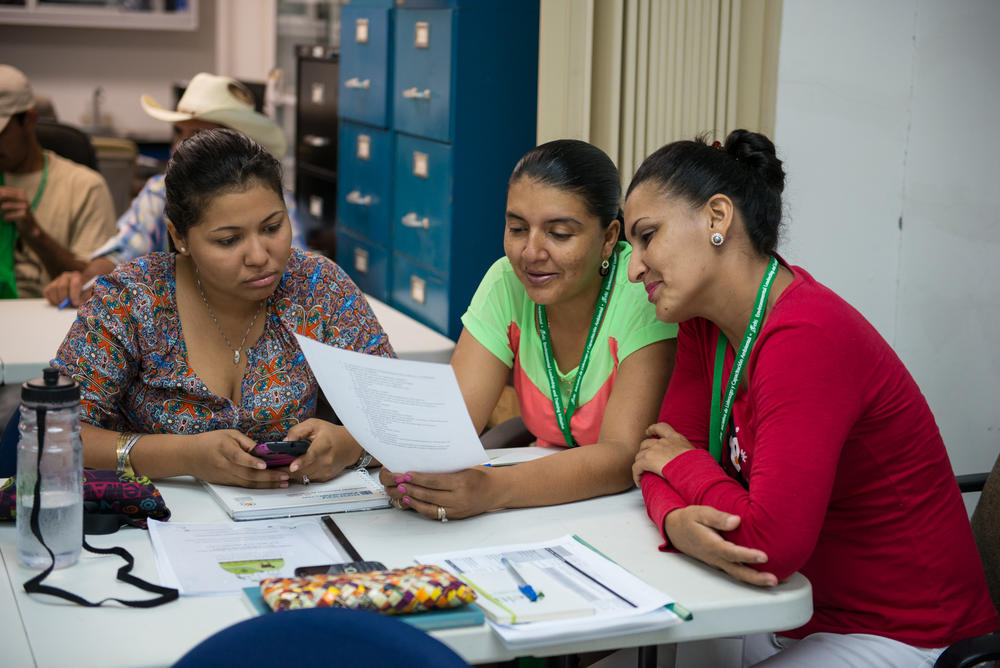
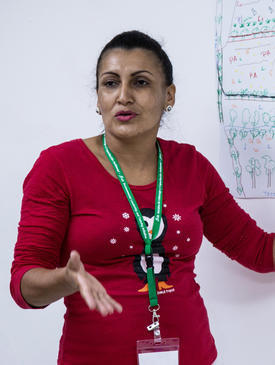
Acknowledgements
Thanks to the Small Grants Programme (SGP) of Panama, (funded by the Global Environment Facility (GEF) and implemented by the United Nations Development Programme (UNDP)) for providing the funding for SAVIM’s sustainable ranching project. Thanks to the Association of Livestock and Agro-Silvopastoral Producers of Pedasi (APASPE) for their inspiring example of sustainable ranching in the Azuero.






